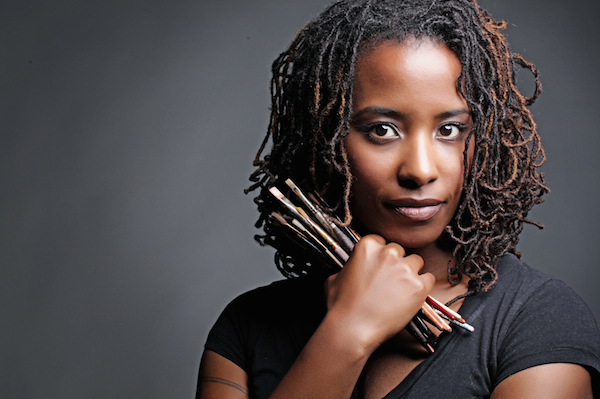
With absolutely no warning given, more than 10,000 people went to work on January 11th only to find, “We’re closed” signs on the windows.
That morning, Walmart suddenly decided to permanently close 26 Sam’s Clubs across America. And they’re closing a total of 63 overall. On the cusp of huge tax cuts granted by the Trump Administration, Walmart had announced that they would increase their employee minimum wage to $11 and give a one-time only $1000 bonus to employees that worked for them 20 years or longer.
All of this was extremely laughable. With the high turnover rate of companies like Walmart, they basically agreed to give bonuses to unicorns and replace a few pennies with nickels.
The biggest lesson here is that they don’t care. By now, I hope most of us know this already. Corporations will use you up and spit you out with a blink of an eye. This time it was Walmart/Sam’s Club but sudden layoffs could happen with any large corporation. There are books, that discuss how American capitalism is basically the offspring of chattel slavery – which would explain corporations’ unwavering belief that the maltreat of employees is not an issue because they suck the life out of you “create jobs.”
And when you’re Black in America, you have to work twice as hard to earn 50% of the same dollar. So, it’s painful to know that so many people’s lives dangle in the balance – only to be discarded at a whim by corporate greed.
Not to be overly simplistic – but this is a reminder of the need for more Black owned businesses. No, this is not a cure all to being overworked and underpaid. Nor is it a cure all to the historic economic disenfranchisement that Black communities face. HOWEVER, a side business that brings in additional income can be a huge help for families living paycheck to paycheck.
Your business does not have to be a large scale operation. I’m talking about a return/reinvention of small businesses that often sustained Black communities in the past. My grandmother used to make arts and crafts and help people with their taxes. My grandfather bought a van one day and started his own taxi company – a business that is still alive today.
Business ownership is not the end all and be all to solving economic issues affecting our communities. However, it is always helpful to have more than one source of income if possible. It doesn’t matter if your business is cutting grass, braiding hair, helping people with their taxes. What ever your skill set is, if you have the ability to start a side business, I strongly advise you to do so. These corporations only care about profits. You are expendable and if they could replace you with a lower paid worker or even a robot they would (as some have already started doing).
It’s also a good idea to research how successful Black business owners of the past became successful. Most people know the name Madam C.J. Walker, but many have no idea how expansive her beauty empire was and that she hired thousands of beauty consultants – helping Black women and men across the country become self employed. These stories serve not only as an inspiration but as a guide for overcoming difficult situations and prospering in the face of adversity by using your own skills and abilities.
In times like these, having the ability to be economically self sufficient can help someone escape the grasp of the poverty line. Yes, we should continue to vote and push our representatives to create laws for living wages, healthcare and public education. BUT, we can not wait on them to make these an immediate reality. Our political system is so tied to corporate lobbying and donors that impactful changes to the system can take years to develop.
Yes, we need living wages. Yes, we need jobs. And yes, we need a business of our own, right now! Because one thing is for certain, when it comes to corporations – they don’t care about us.
“I am a woman who came from the cotton fields of the South. From there I was promoted to the washtub. From there I was promoted to the cook kitchen. And from there I promoted myself into the business of manufacturing hair goods and preparations….I have built my own factory on my own ground.” – Madam C.J. Walker
Jessica Ann Mitchell Aiwuyor is the founder of Our Legaci Press. To reach Jessica, email her at OurLegaci@gmail.com. Follow her on Facebook at Facebook.com/JAMAiwuyor.








